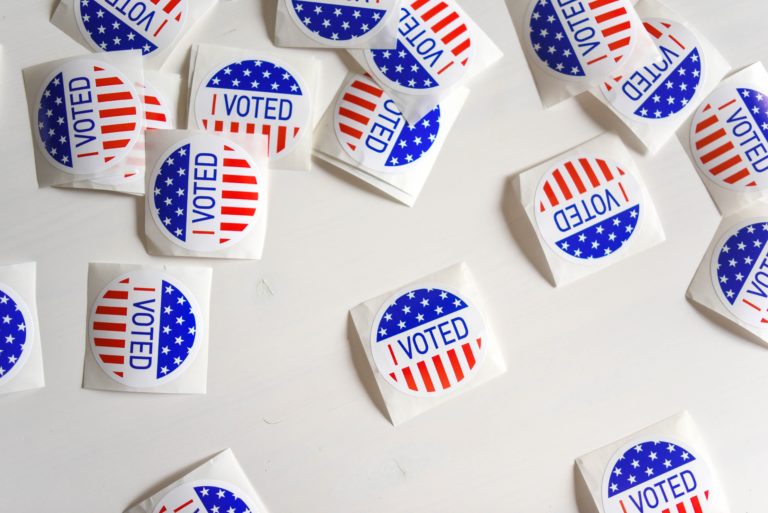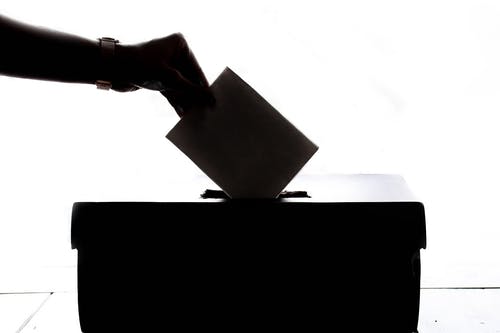According to our research “Stepping Up and Standing Out,” women are inspired by other…
What’s in a Name?

It’s old news that women face sexism on the campaign trail. While many of these attacks are overt, like Representative Alexandria Ocasio-Cortez’s encounter with a colleague earlier this year, others are more subtle. Sexism can be comments on a woman’s appearance or clothing, remarks about her personal family life, or even the way she’s addressed.
Frequently, women in politics are addressed differently than men. Research shows that women presidential candidates were five times more likely to be referenced by their first name than their men competitors in newspaper articles. Women are also more likely to have their titles omitted; Secretary Hillary Rodham Clinton’s title of “Senator” was omitted 15% more than it was for Senator Barrack Obama in their 2008 presidential primary. Debbie Walsh, director of the Center for American Women and Politics, said that men candidates often use their women opponent’s first names or skip their titles in an effort to diminish them. After an incident in which a politician was referred to by only her first name during an official government ceremony, Marlène Schiappa, France’s gender equality minister, spoke out. She said “Calling a female politician by her first name and her male counterpart by his full name amounts to everyday sexism. It’s a bad habit that male politicians need to shake off.”
Referencing a woman only by her first name can make voters feel like she is a less serious, accomplished, and qualified candidate, and creating an image of a less respectable politician. BLFF research shows that voters don’t inherently trust that a woman is qualified – she needs to emphasize her experience and professional accomplishments throughout her campaign. Even if the choice of words is inadvertent, it can still have a big effect on the way a woman is perceived by voters.
Some candidates may choose to intentionally brand themselves by their first name. After Governor Gina Raimondo’s poll numbers fell, her office began to rebrand her as “Gina” rather than “Governor Raimondo.” This decision can be a double edged sword for many women. While a first name only can make a candidate seem more authentic and relatable, it can also result in a tradeoff of seeming less qualified. Likeability is a non-negotiable for women candidates, but they must also be careful to balance their personal persona with their proven experience and expertise. Men who choose to omit their last names, like Mayor Pete or Beto, may have to worry less about proving their qualifications, because voters don’t hold men to such a high standard as women. Choosing to only use their first name thus becomes a riskier choice for women, who face higher levels of scrutiny than men.
Recently we’ve seen Senator Harris, Biden’s VP pick, often referred to on a first-name basis, or even using her own personal family nickname, “Momala.” The potential negative impact on perceptions of her qualifications, or positive impact on her authenticity, remain to be seen. But, this political cycle has already been marred by sexism, from early presidential debates to the VP announcement. In the coming weeks, we’ll continue to hear about lots of qualified, competent women on the ballot this November. Let’s remember to respect their titles, qualifications, and experiences when we discuss them.






